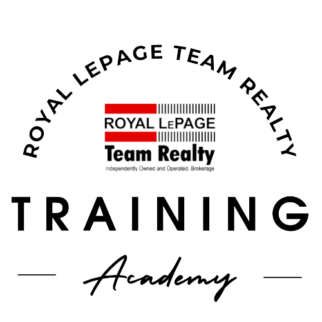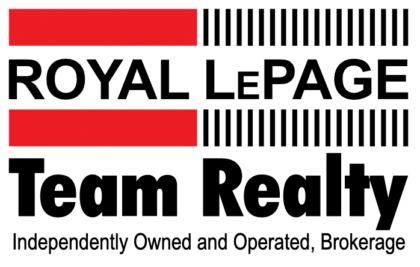Training you is what we do!
WHAT YOU NEED TO KNOW ABOUT CANADA’S UNDERUSED HOUSING TAX
For the 2022 tax year, the federal government announced an annual 1% tax on real estate owned by any non-resident, non-Canadian, and considered vacant or underused. In some situations, this also applies to Canadian owners.
The Underused Housing Tax Act (UHT) requires individuals impacted by this tax to file an annual return, subject to certain exemptions, and pay a 1% tax on the property’s value. The filing deadline for the 2022 tax year is April 30, 2023.
Although the government suggested only non-residents would be affected by the UHT, the scope of the final legislation is broader. We recommend your clients speak with a tax professional if you or they believe it applies to them. Also, please keep in mind that some provinces/territories and municipalities impose similar vacancy taxes, and you should review these rules to better understand how they could impact your clients.
Who does this tax apply to?
The UHT imposes a tax on every taxpayer who, on December 31 of a calendar year, is an owner of a residential property in Canada, unless the owner is an “excluded owner” or an individual who qualifies for one of several exemptions available under the Act.
Residential property owners can be categorized into two classifications — excluded owners and affected owners.
- Excluded owners:
The Underused Housing Tax rules do not apply to “excluded owners”. These owners, including Canadian citizens and permanent residents, have no UHT reporting or tax obligation. A complete list of conditions classifying an excluded owner can be found on the Government of Canada’s UHT page. - Affected owners:
All affected owners (mostly non-Canadian owners but includes some Canadian owners) are required to file a return for each residential property they own, even if they are not liable to pay any tax, due to qualifying for an exemption. A complete list of conditions classifying you as an affected owner can be found on the government’s UHT page.
This classification is further broken down into two groups:
- Owners required to file a UHT return but with no tax payable due to qualifying for an exemption. The list of exemptions can be found on the government’s UHT page.
- Owners required to file a UHT return and they pay 1% tax.
What exemptions exist?
Ownership of a residential property may be exempt from the Underused Housing Tax for a calendar year depending on:
- the type of owner you are
- the availability of the residential property
- the location and use of the residential property
- the occupant of the residential property
Detailed information on each of these exemptions can be found on the government’s UHT page.
As an affected owner why should I file a UHT return if I have no tax payable?
All affected owners must file a separate Underused Housing Tax return for each residential property they own in Canada for the calendar year. Not filing for the UHT by April 30, 2023 could result in a penalty of $5,000 – $10,000 per return, even if no tax is owing due to an exemption.
For more information, please review Canada Revenue Agency’s (CRA) new UHT page, which includes the new UHT return, technical guidance and other information.
Please note: on March 27, 2023 the government announced UHT penalties and interest for the 2022 calendar year will be waived for any late-filed returns and for any late-payments, provided the return is filed or the UHT is paid by October 31, 2023.
The article above is for information purposes and is not legal or financial advice or a substitute for legal counsel.

CONTACT US:
Royal LePage Team Realty Training Academy
555 Legget Drive, Suite 101
Kanata ON K2K 2X3

